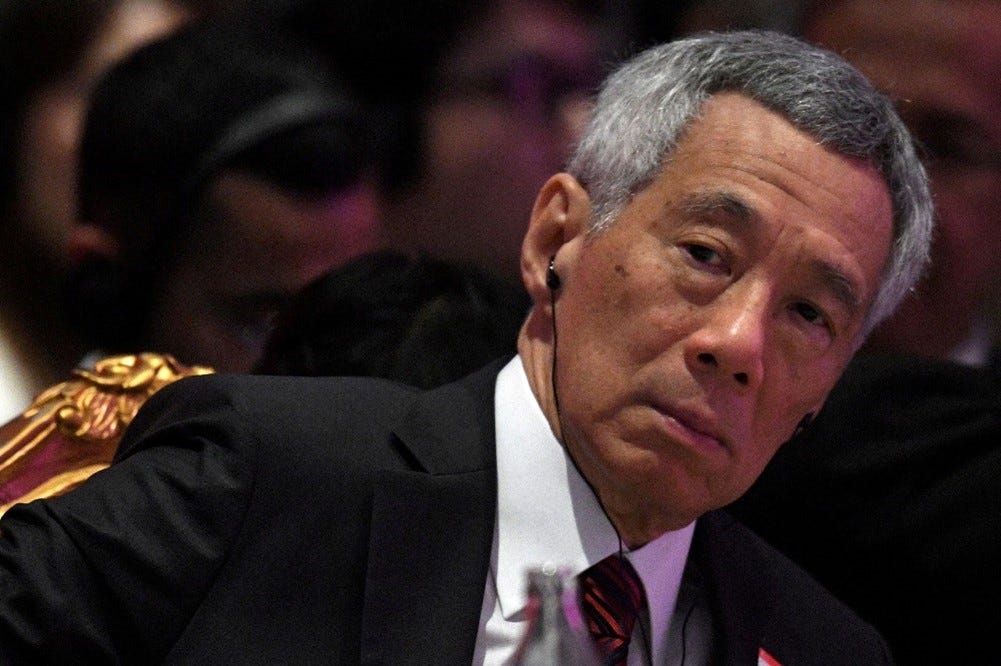Singapore Sets a New Free Speech Trap
Draconian legislation aimed at “foreign interference”
On September 25, five reporters with the Singapore Straits Times, a newspaper that does little that the Singapore government doesn’t want done, published a massive five-part package of stories raising the specter of foreign interference in the island republic’s politics and society.
Unfortunately, its sleuthing out of foreign influence in the press was l…
Keep reading with a 7-day free trial
Subscribe to Asia Sentinel to keep reading this post and get 7 days of free access to the full post archives.


